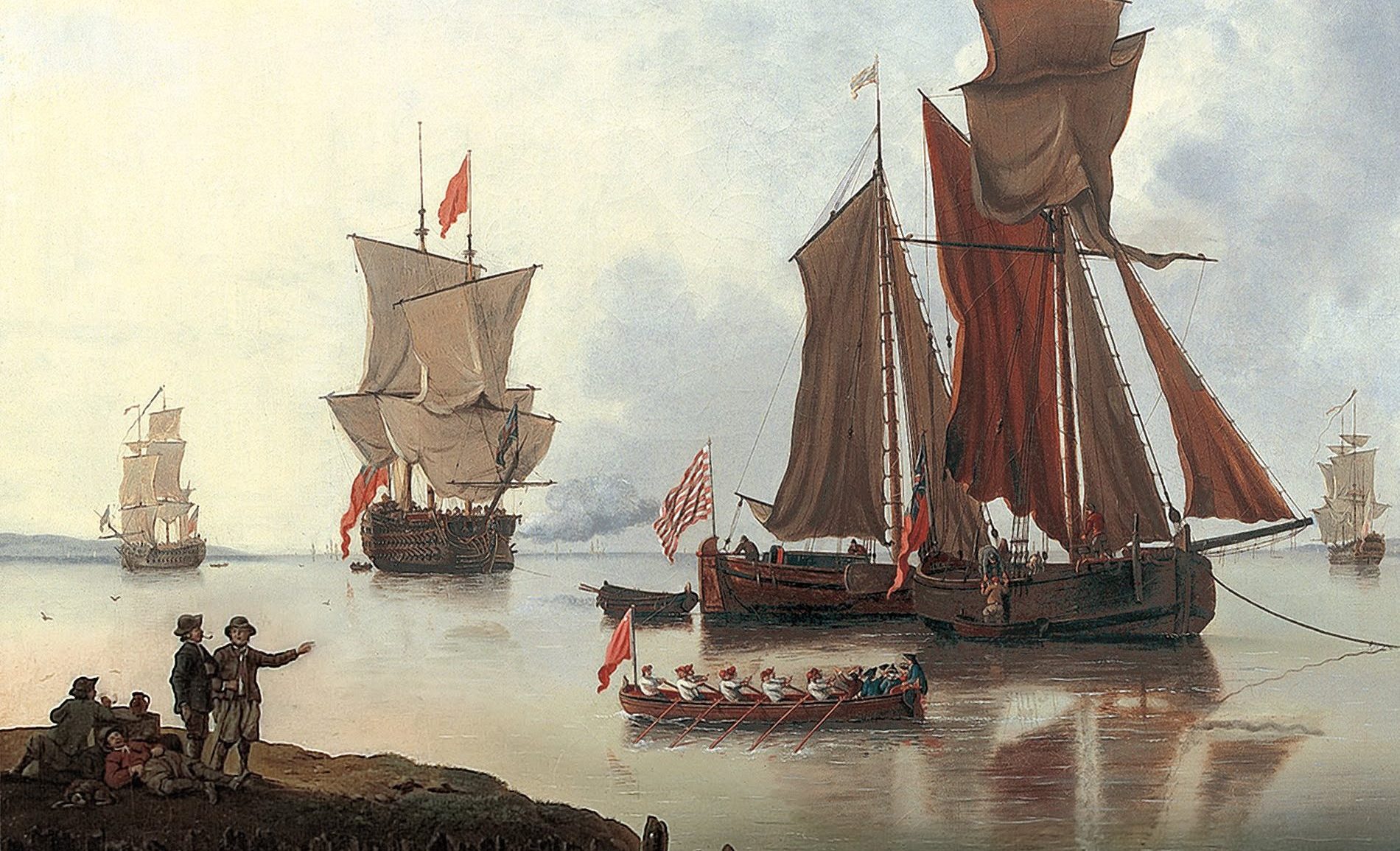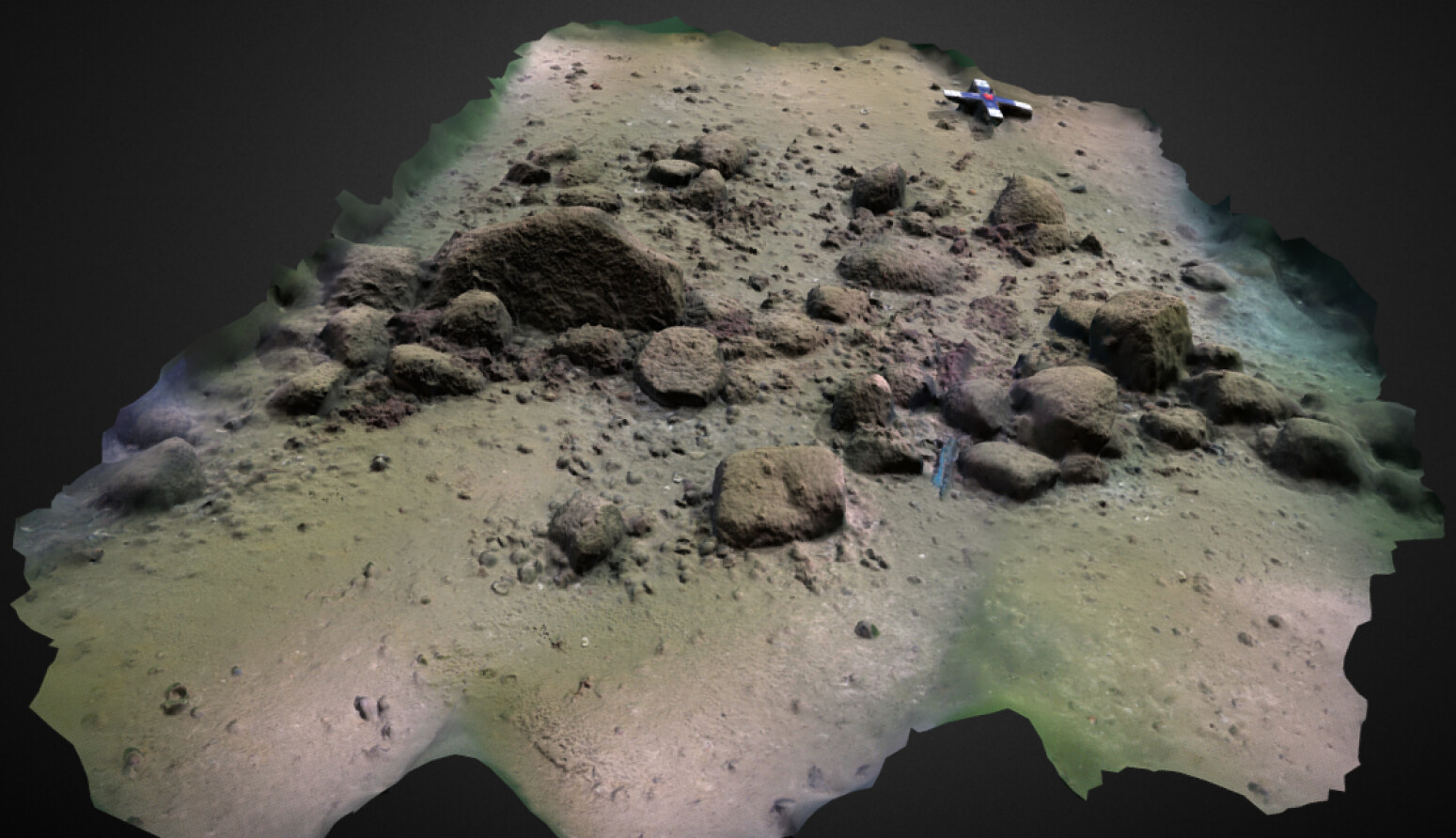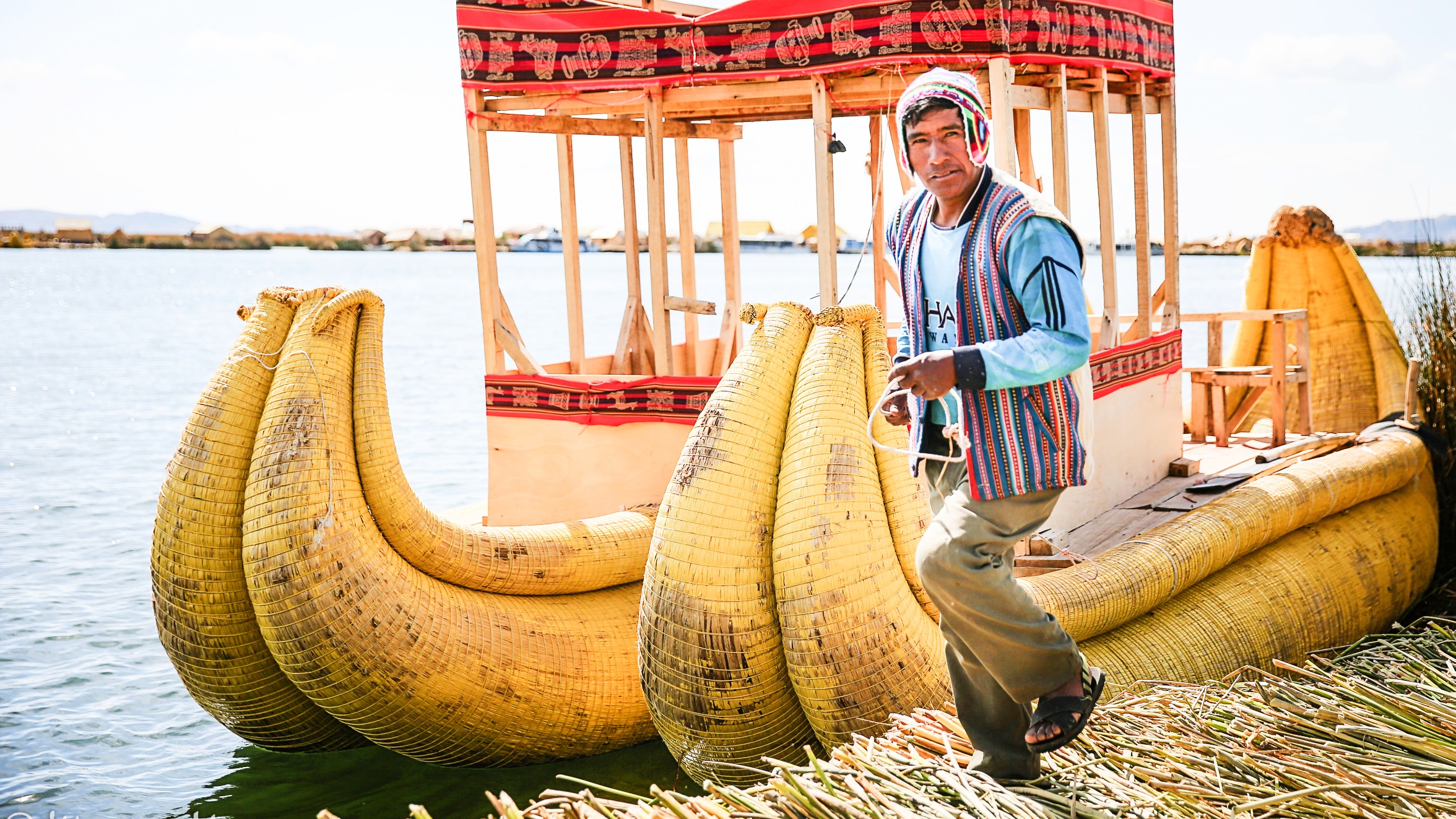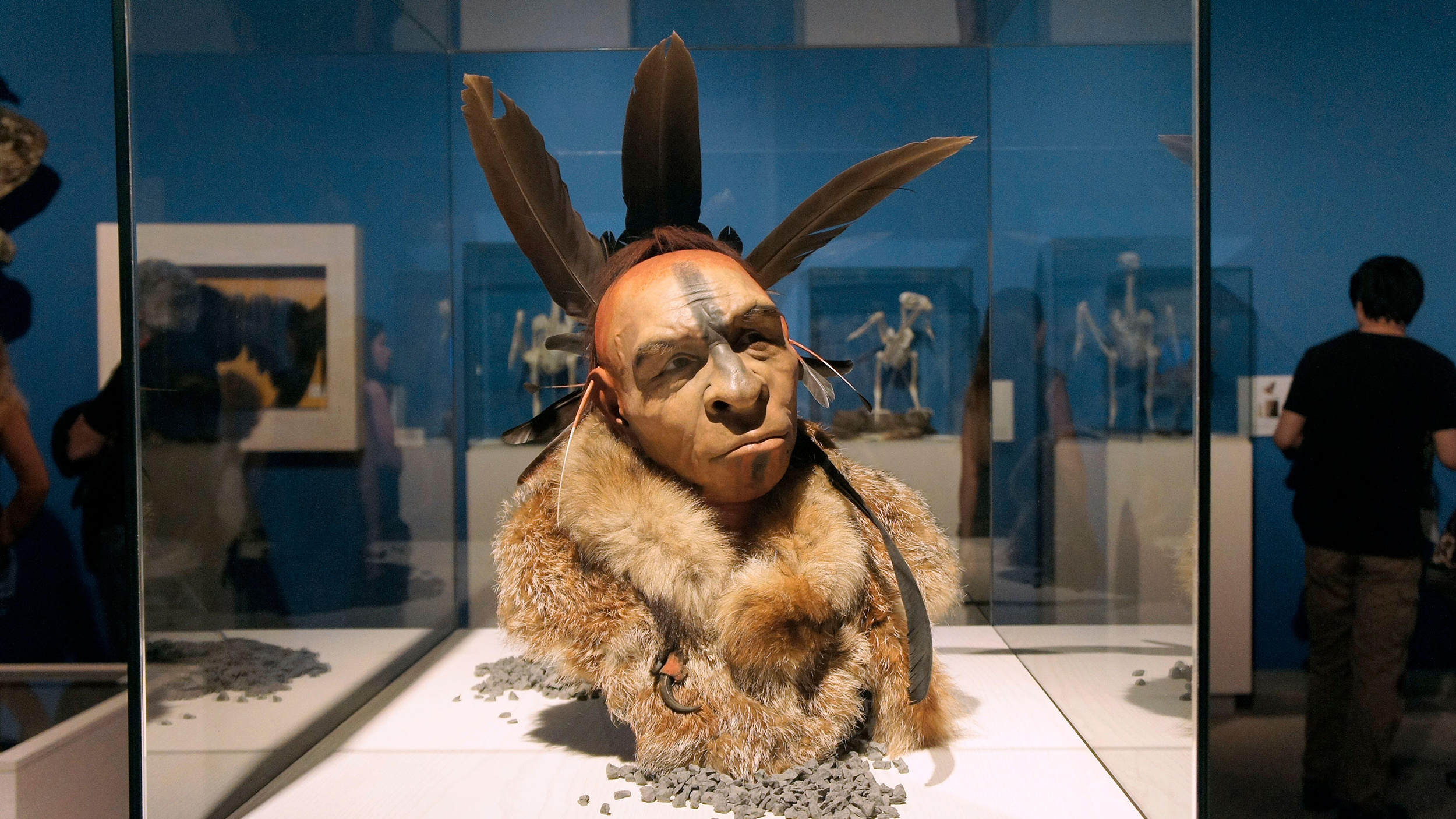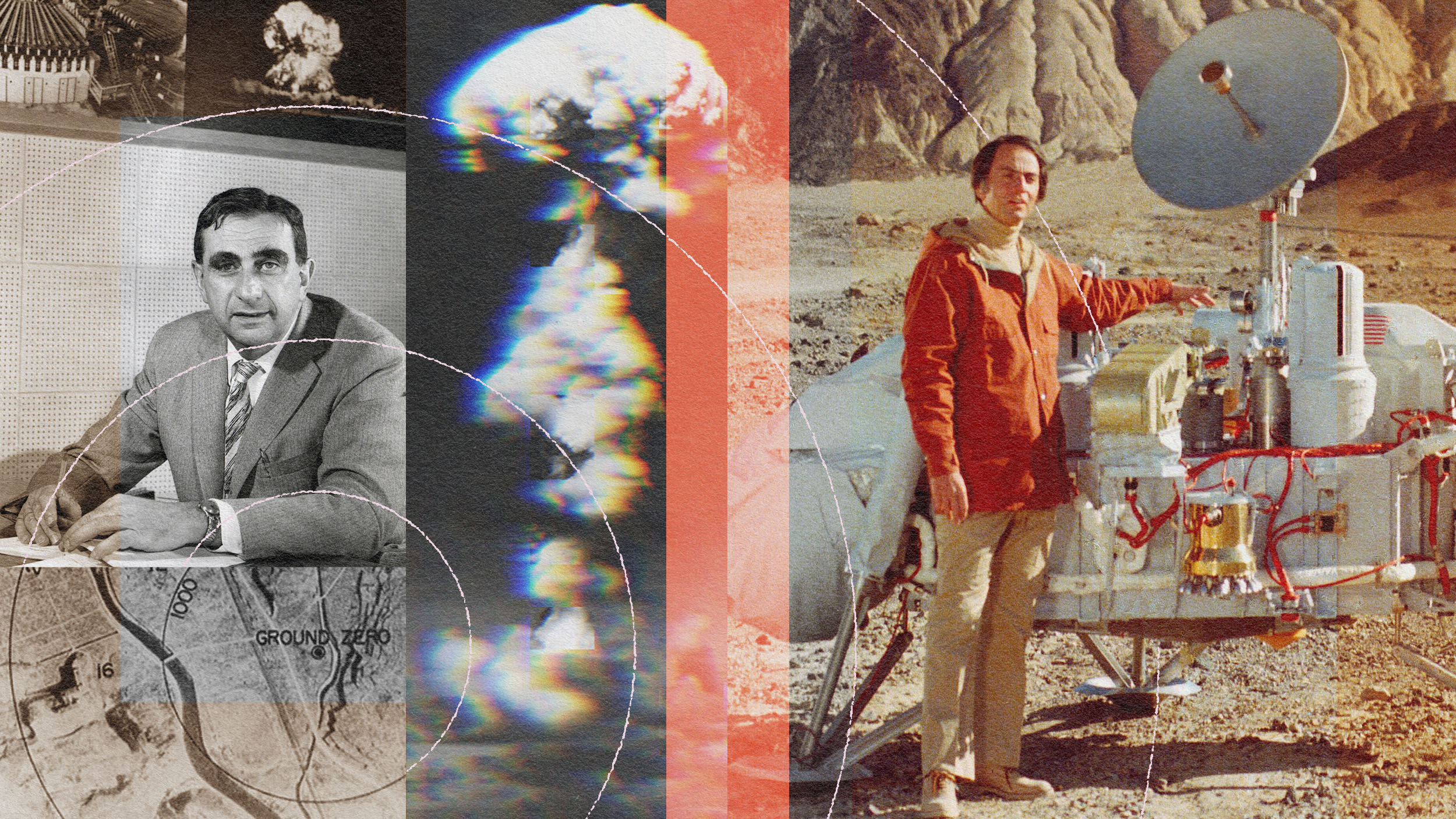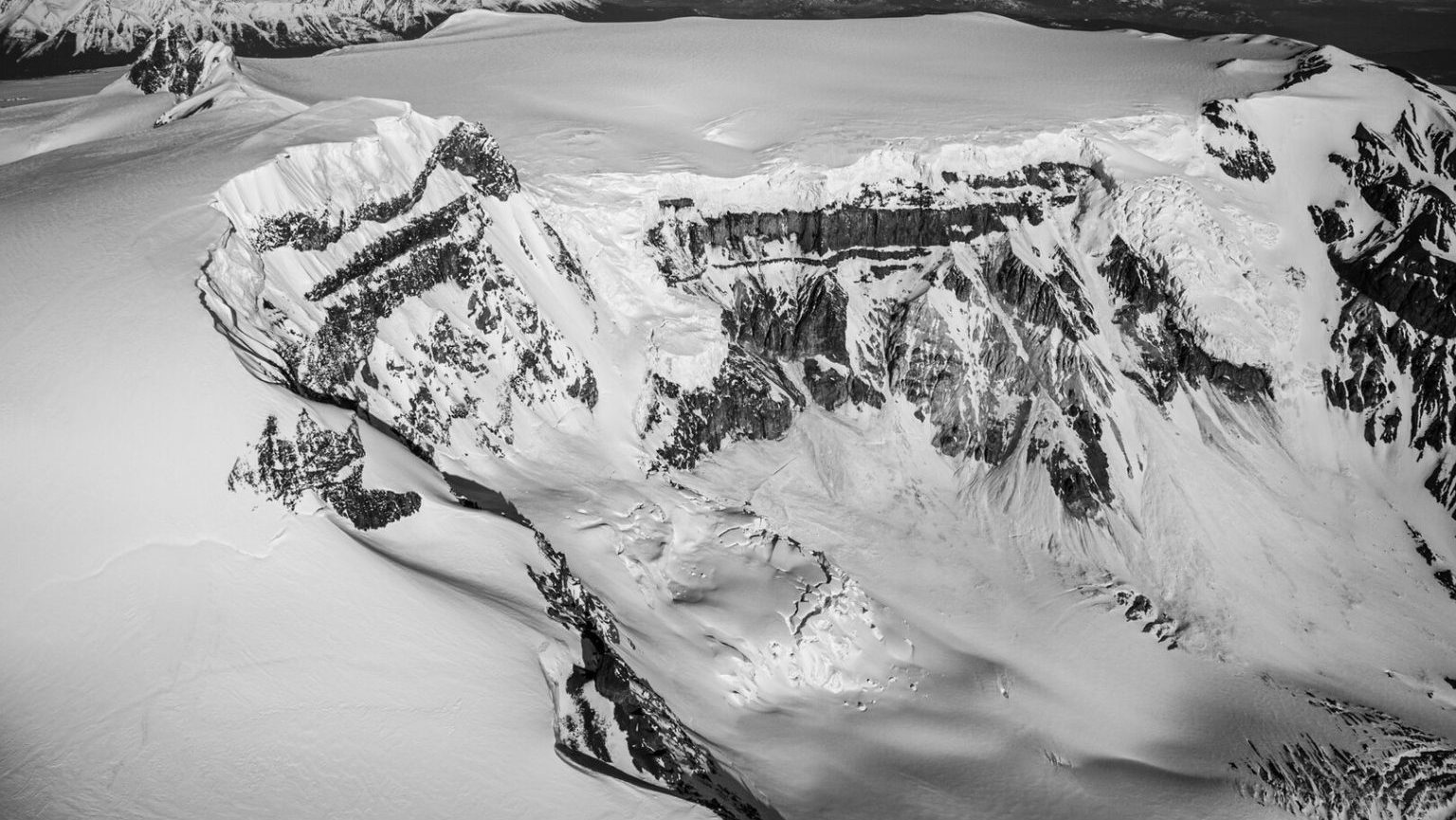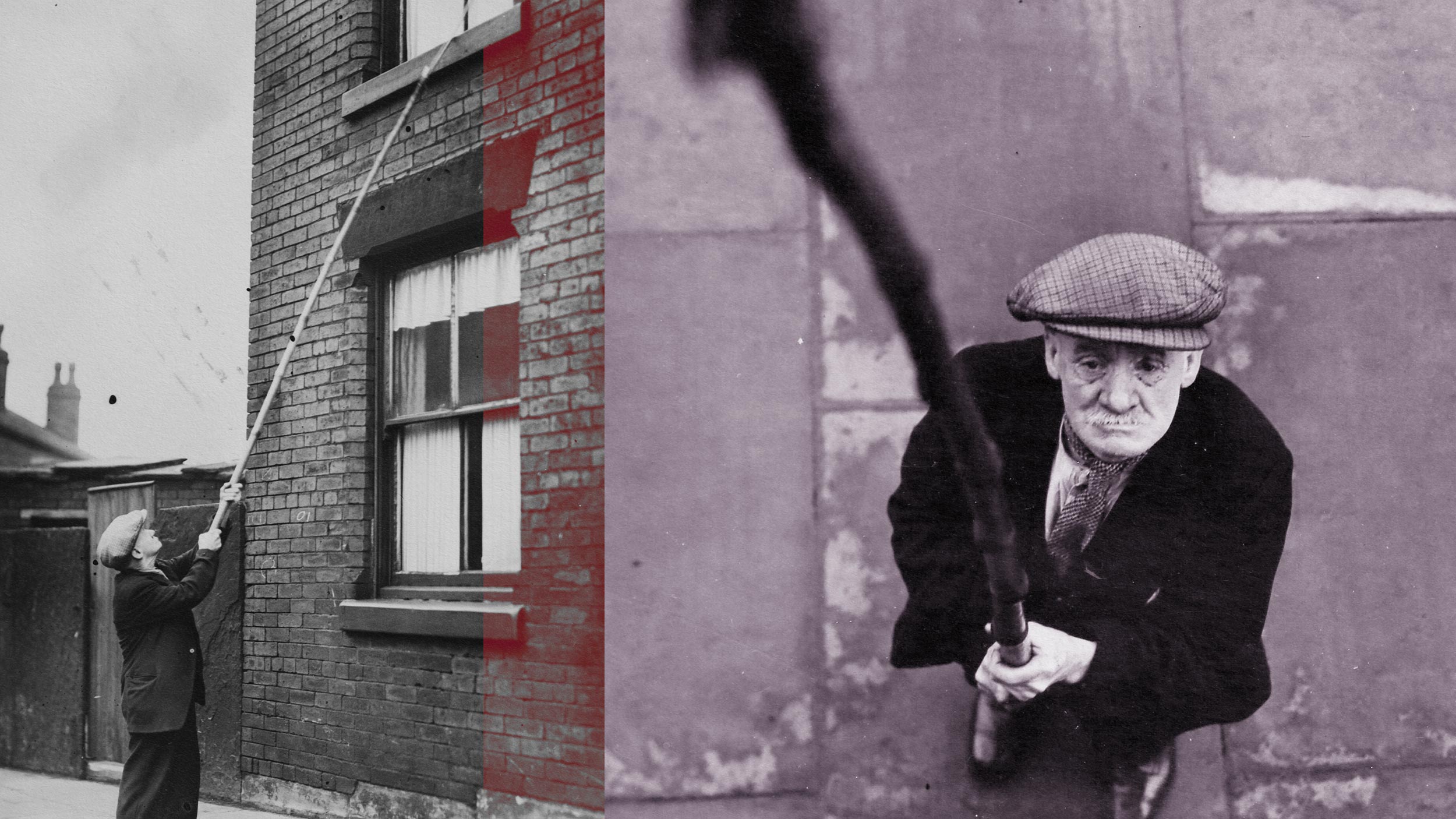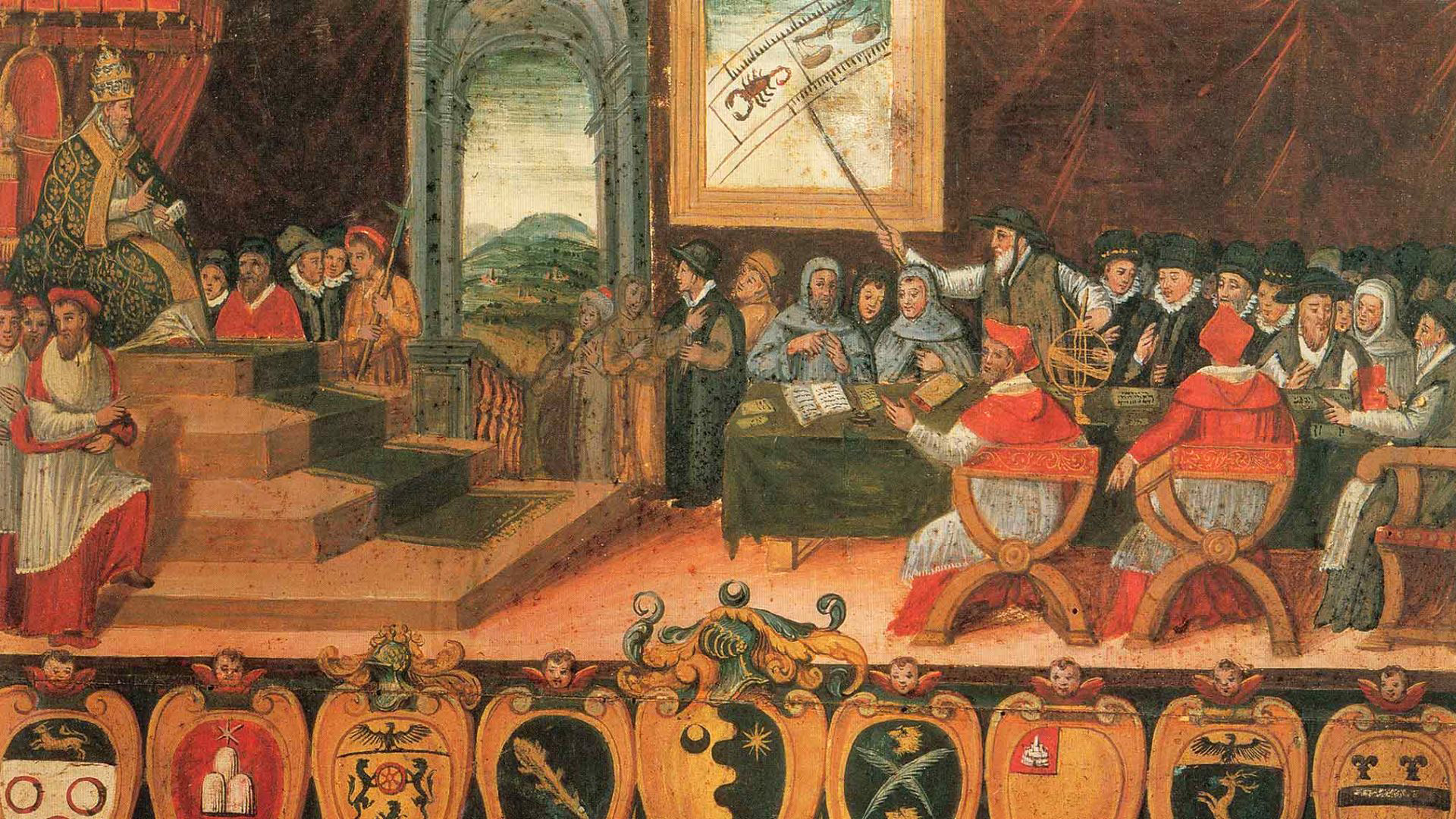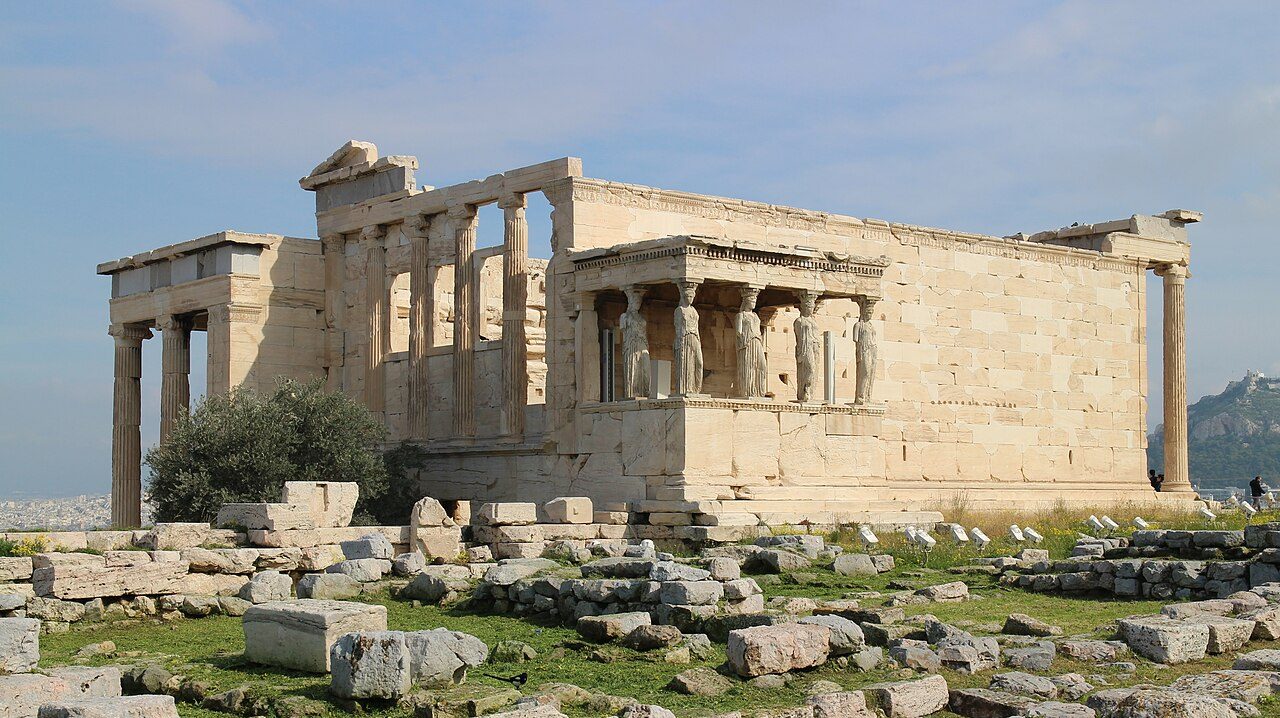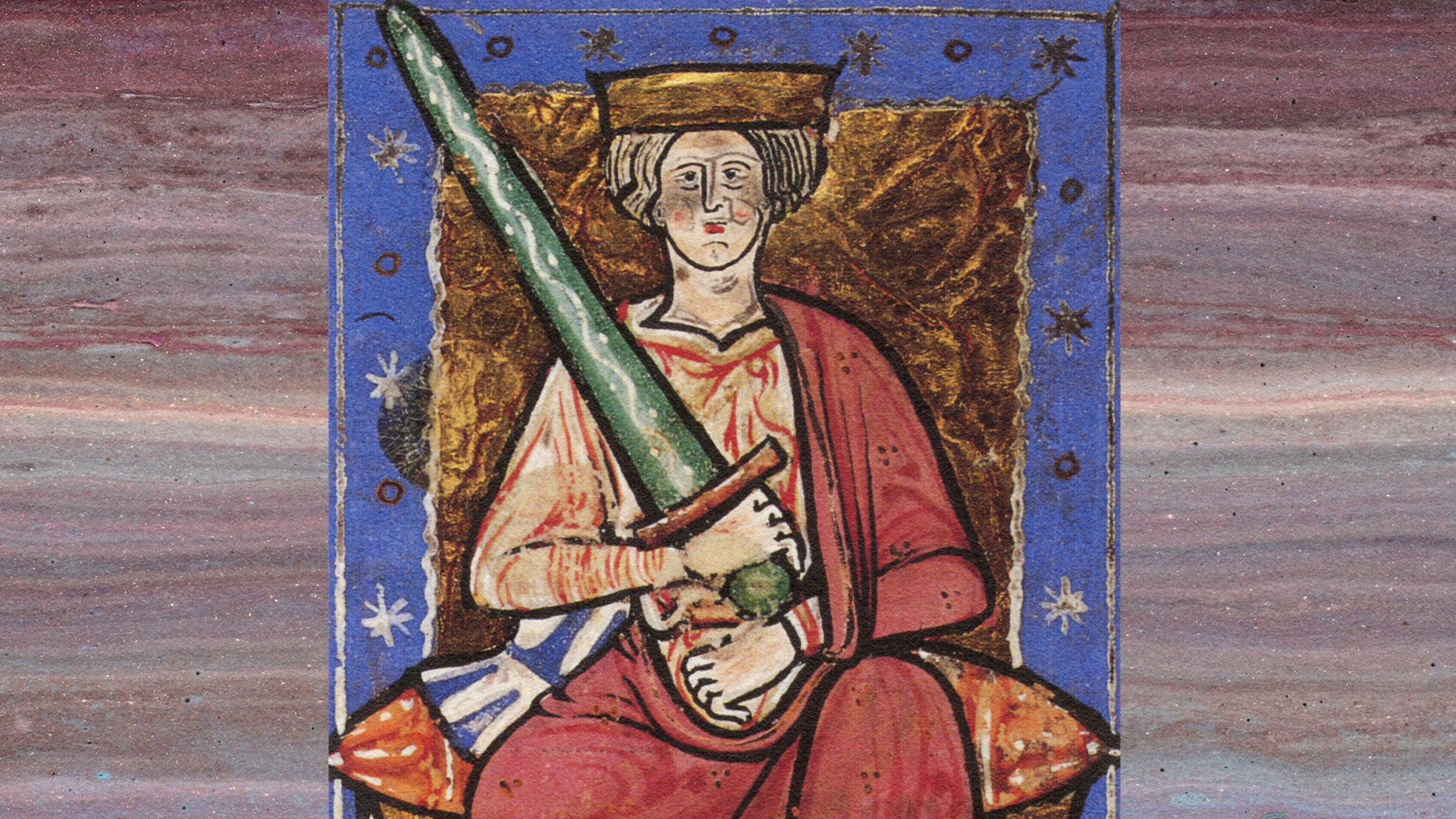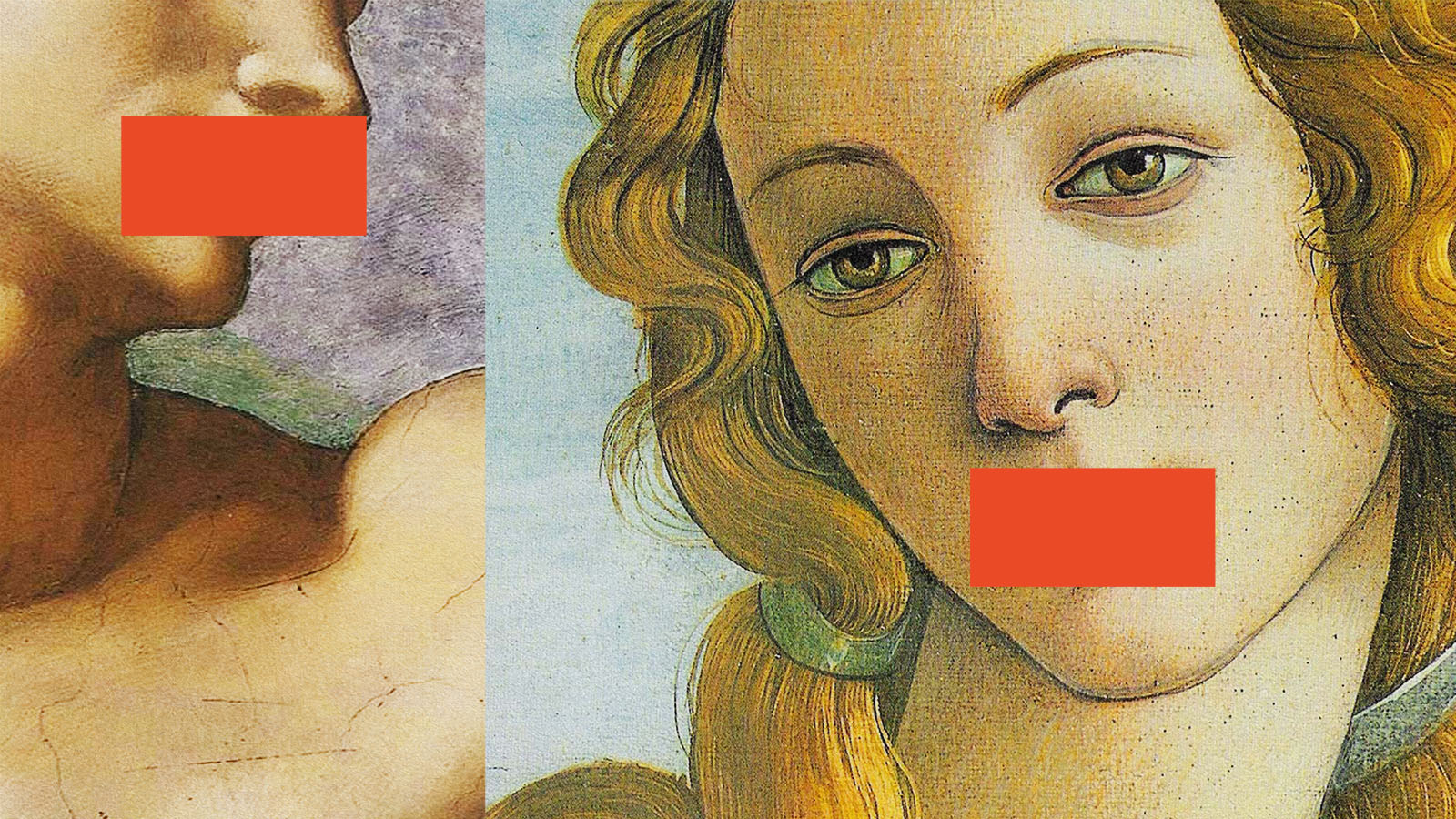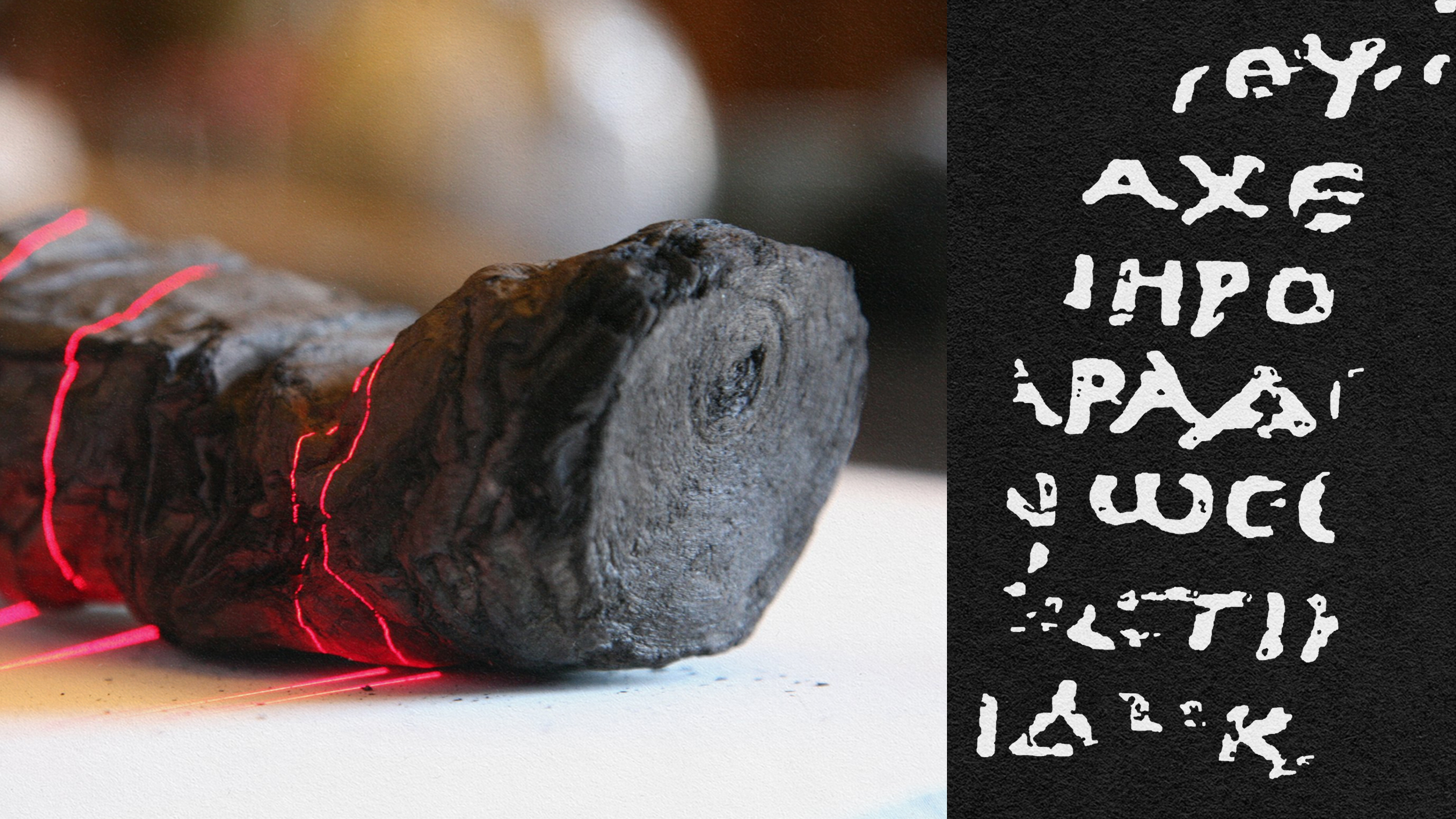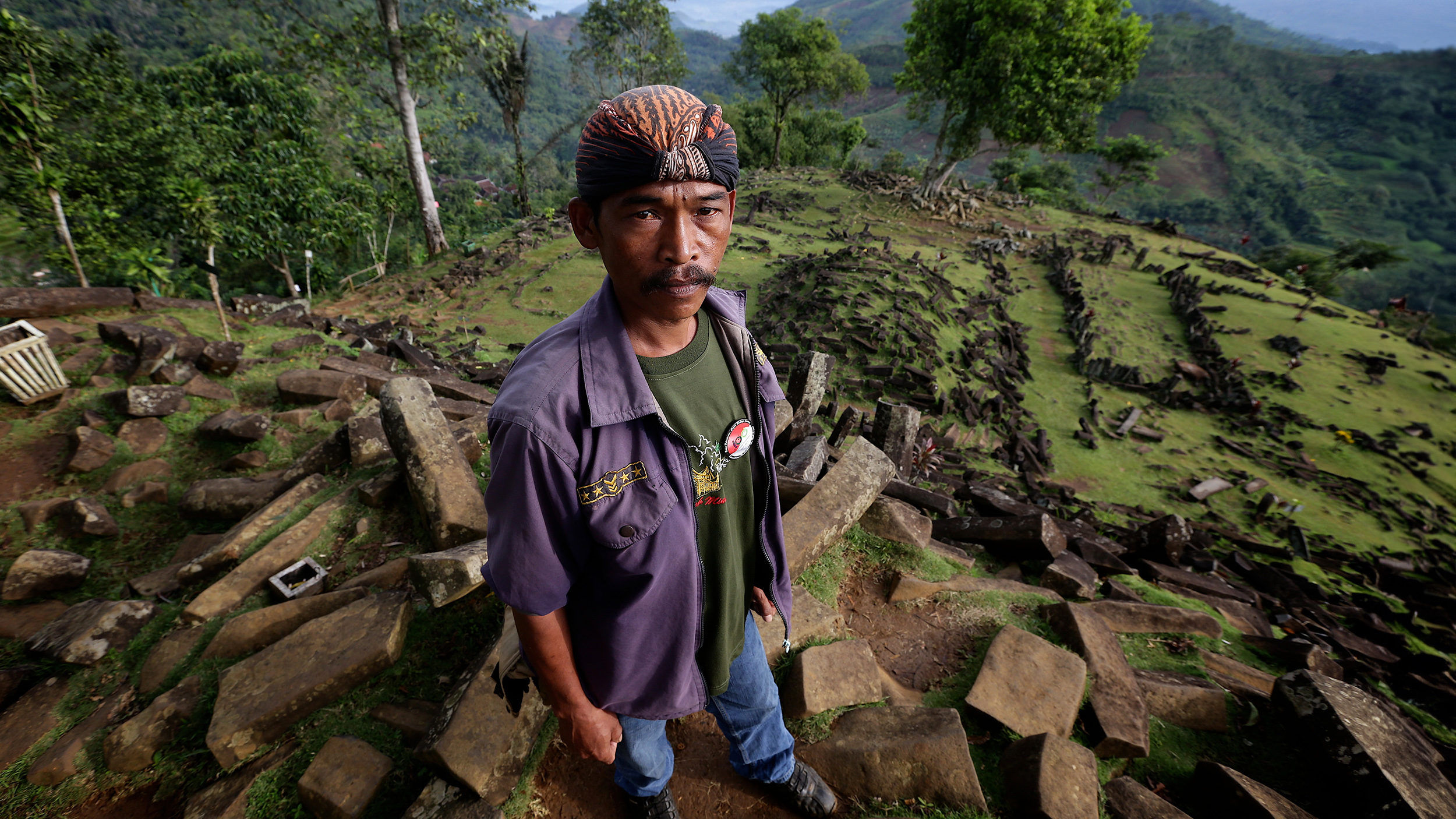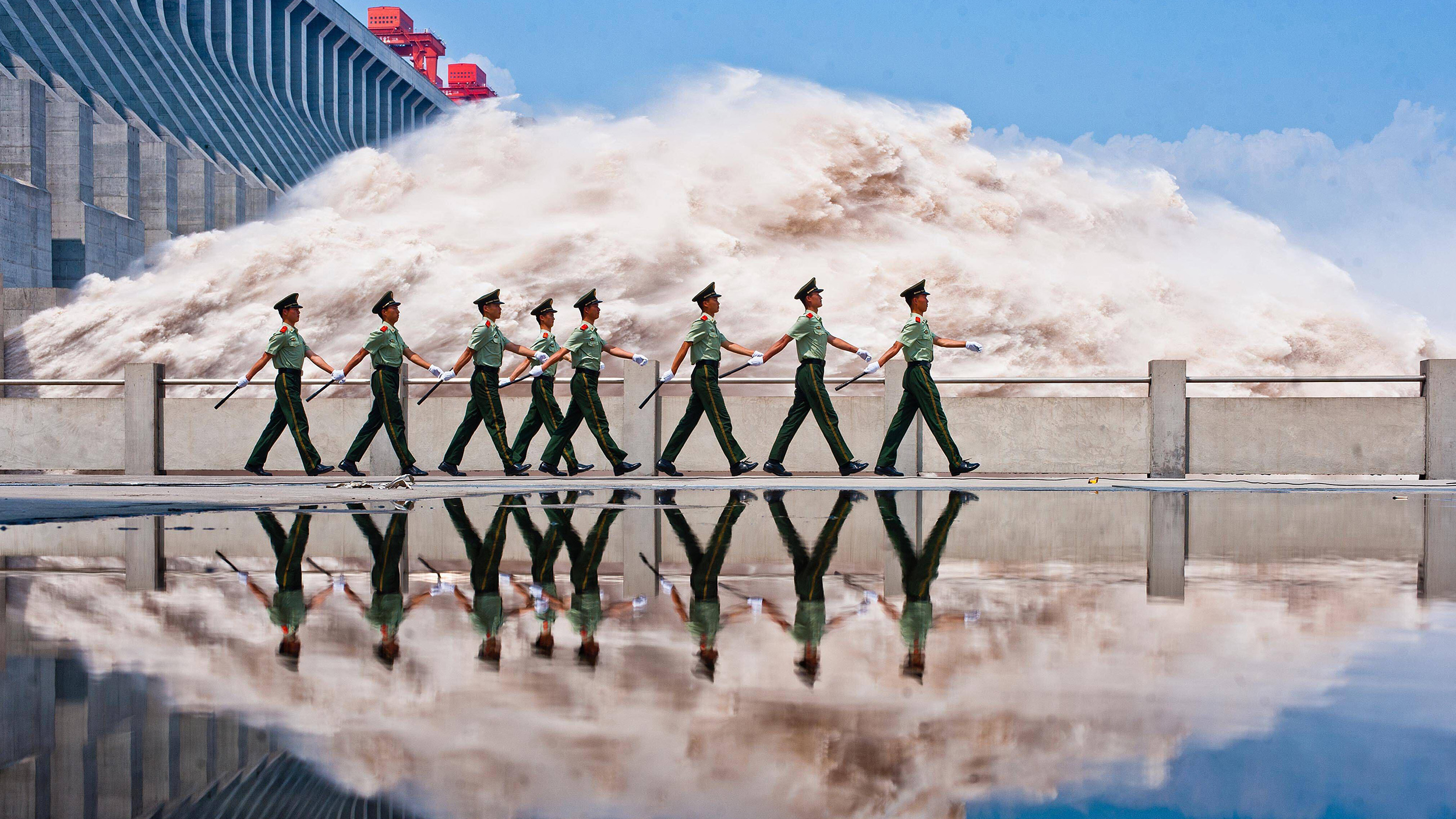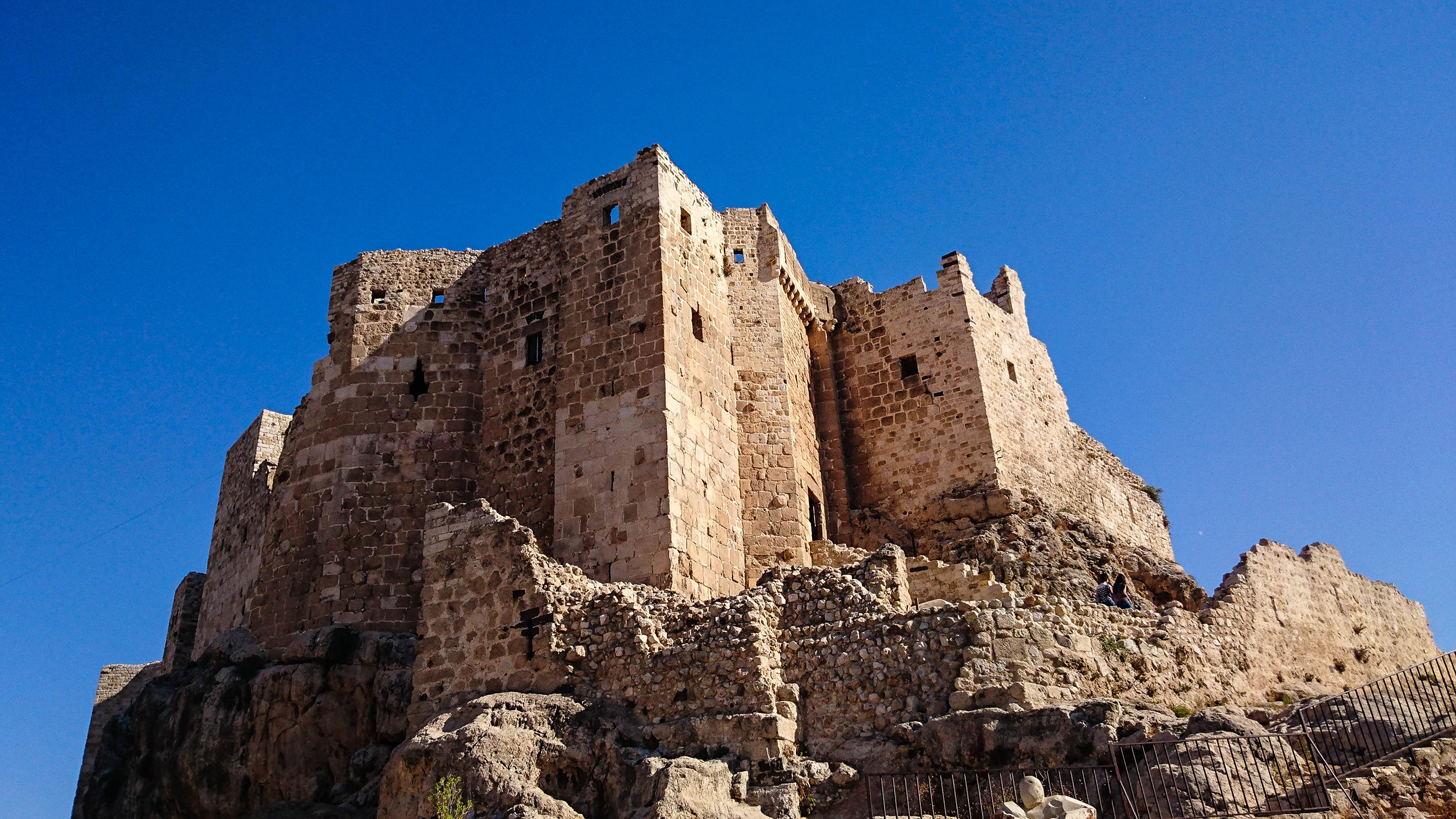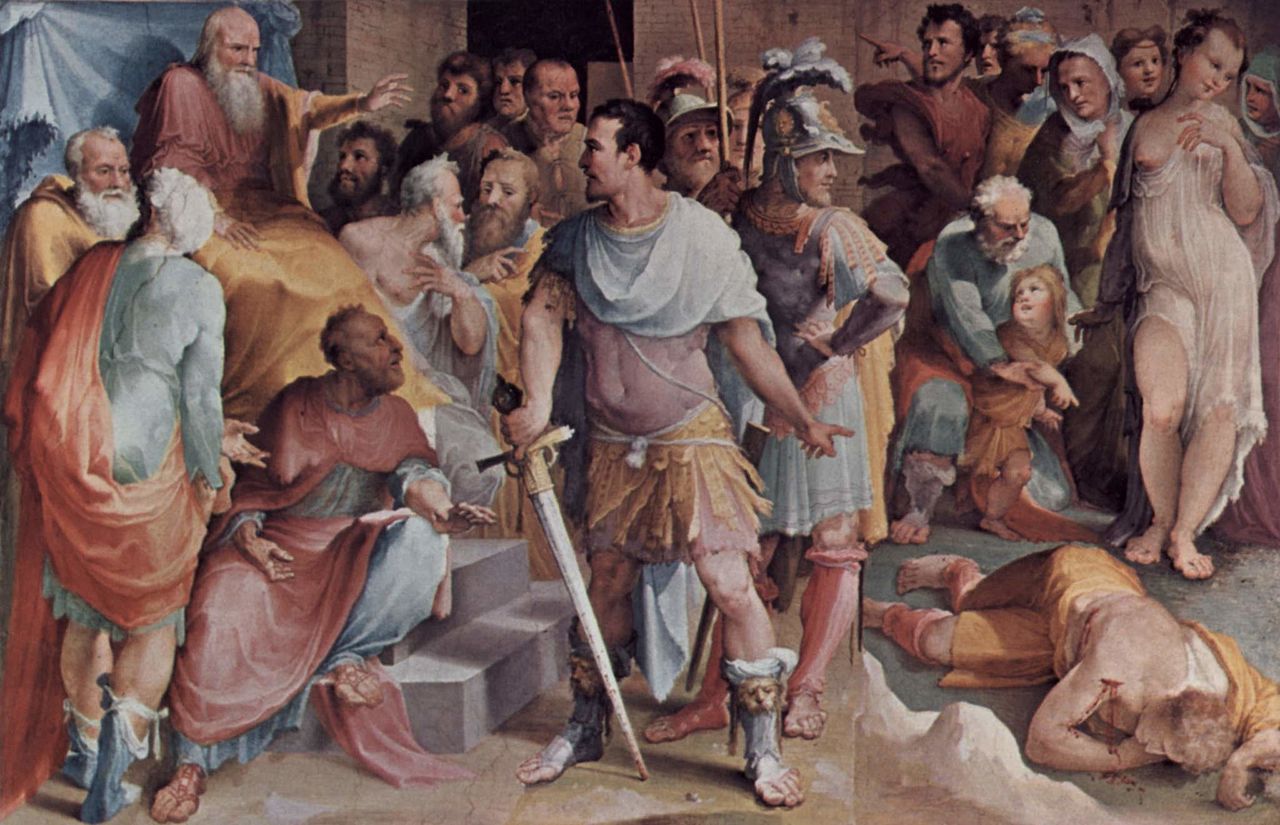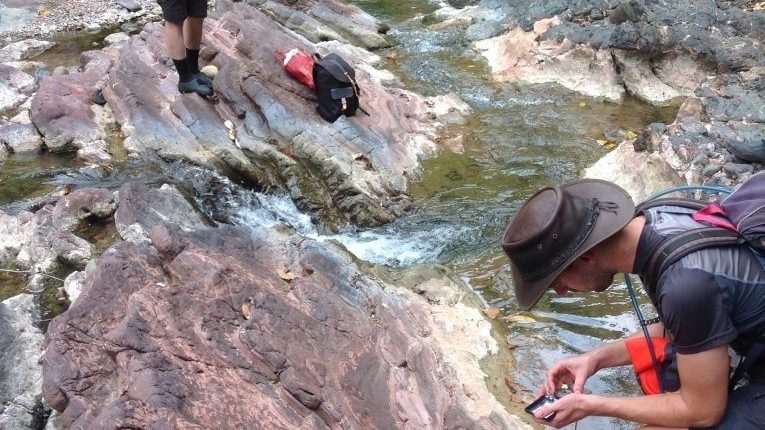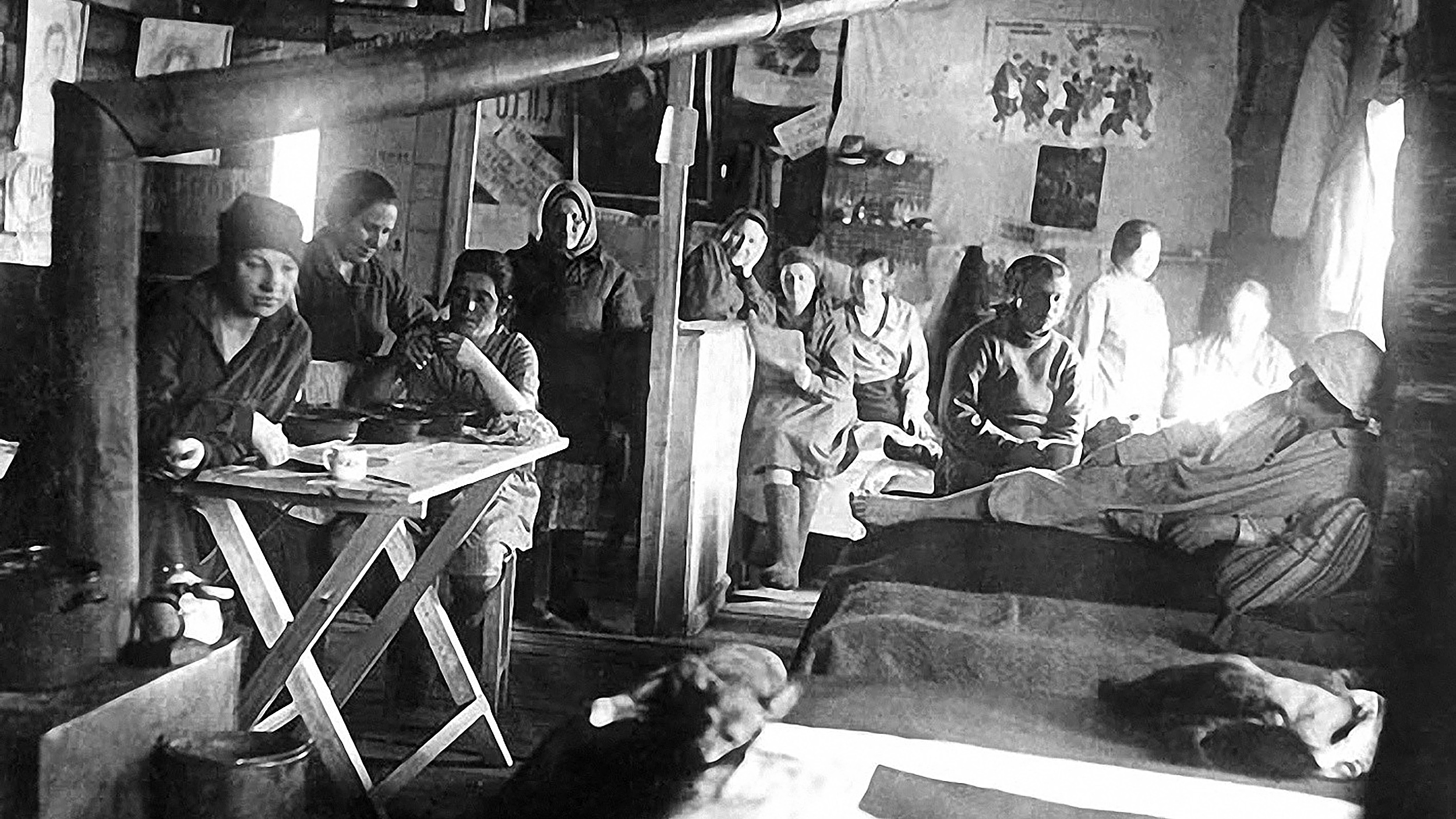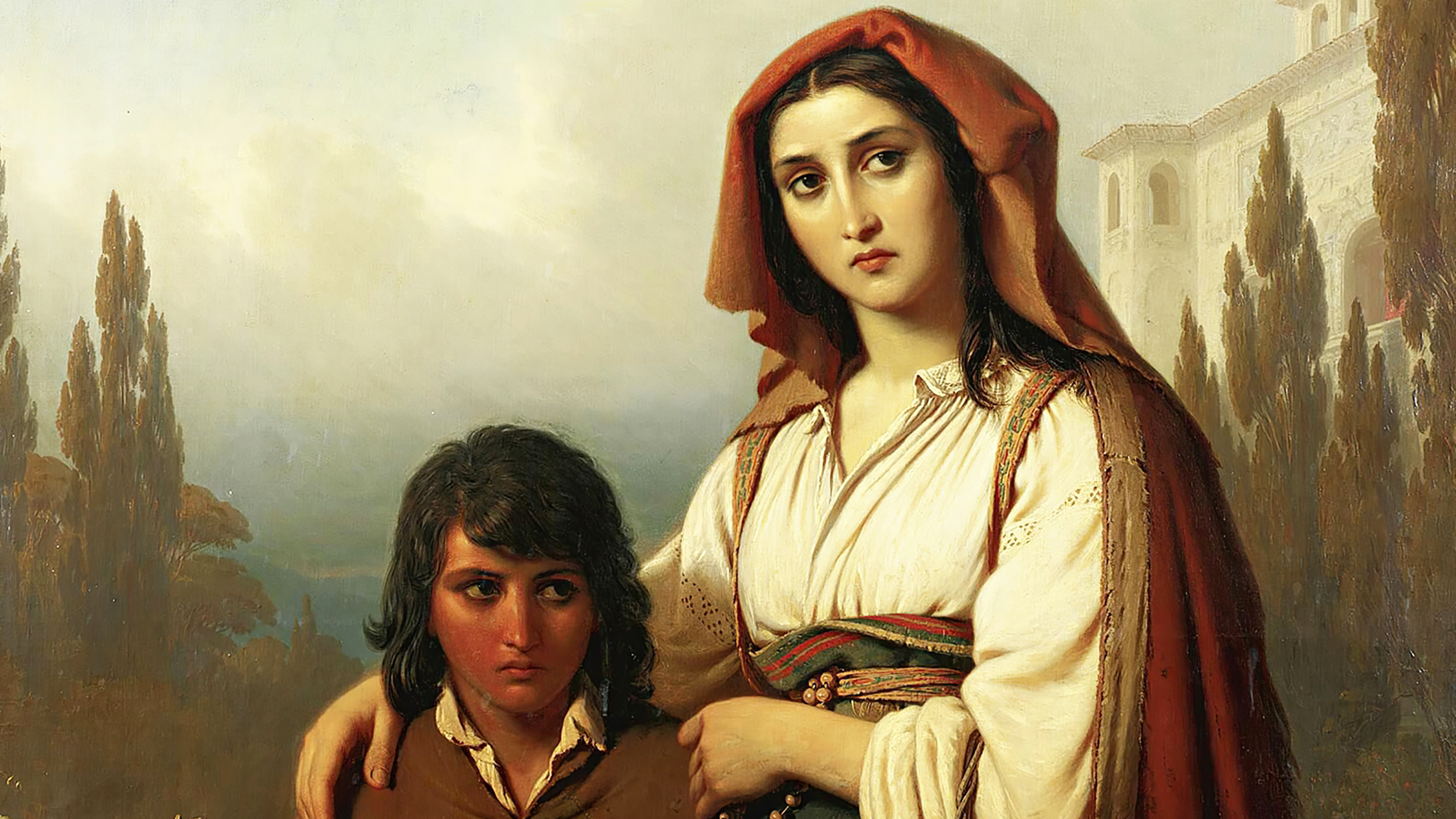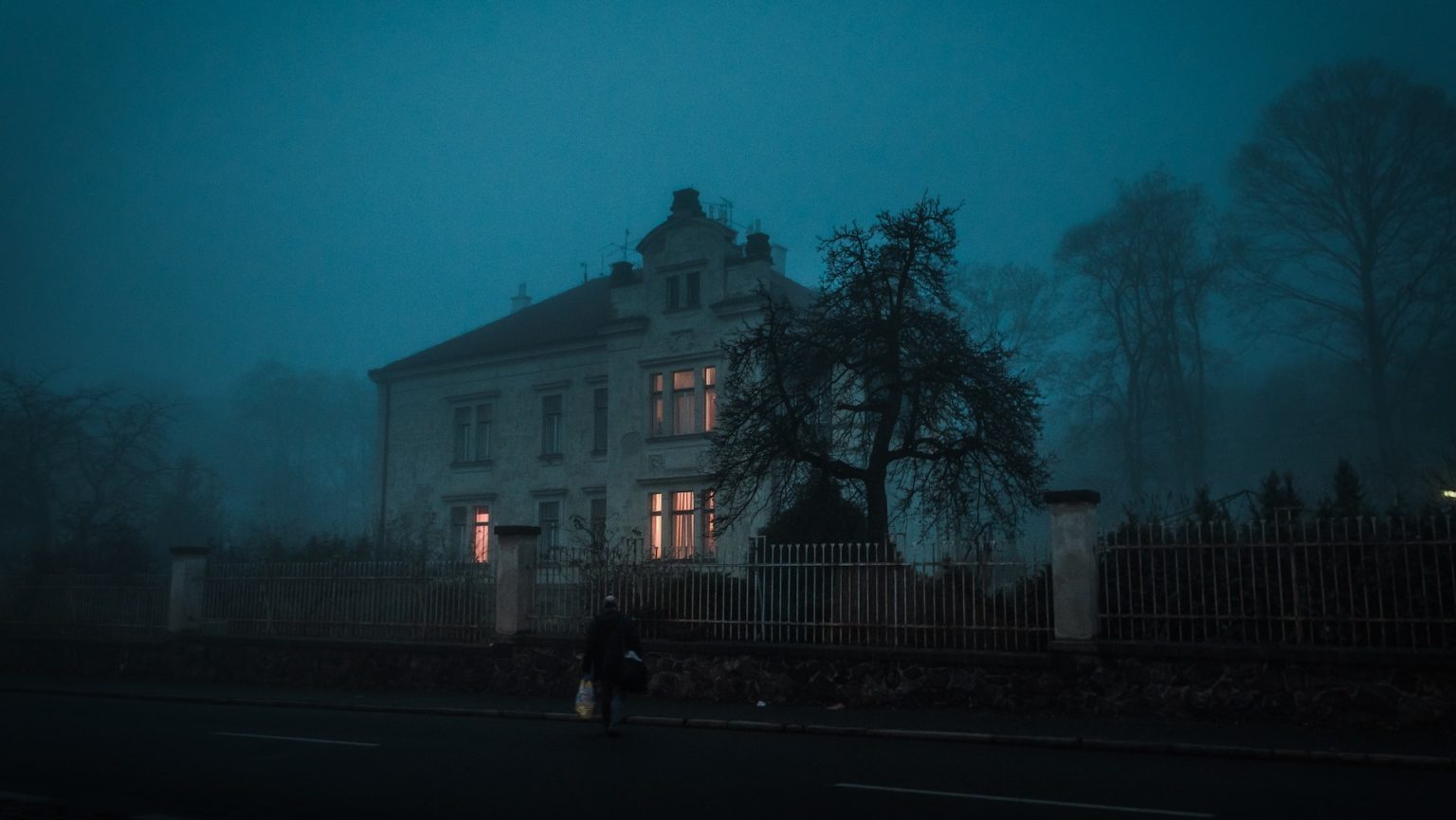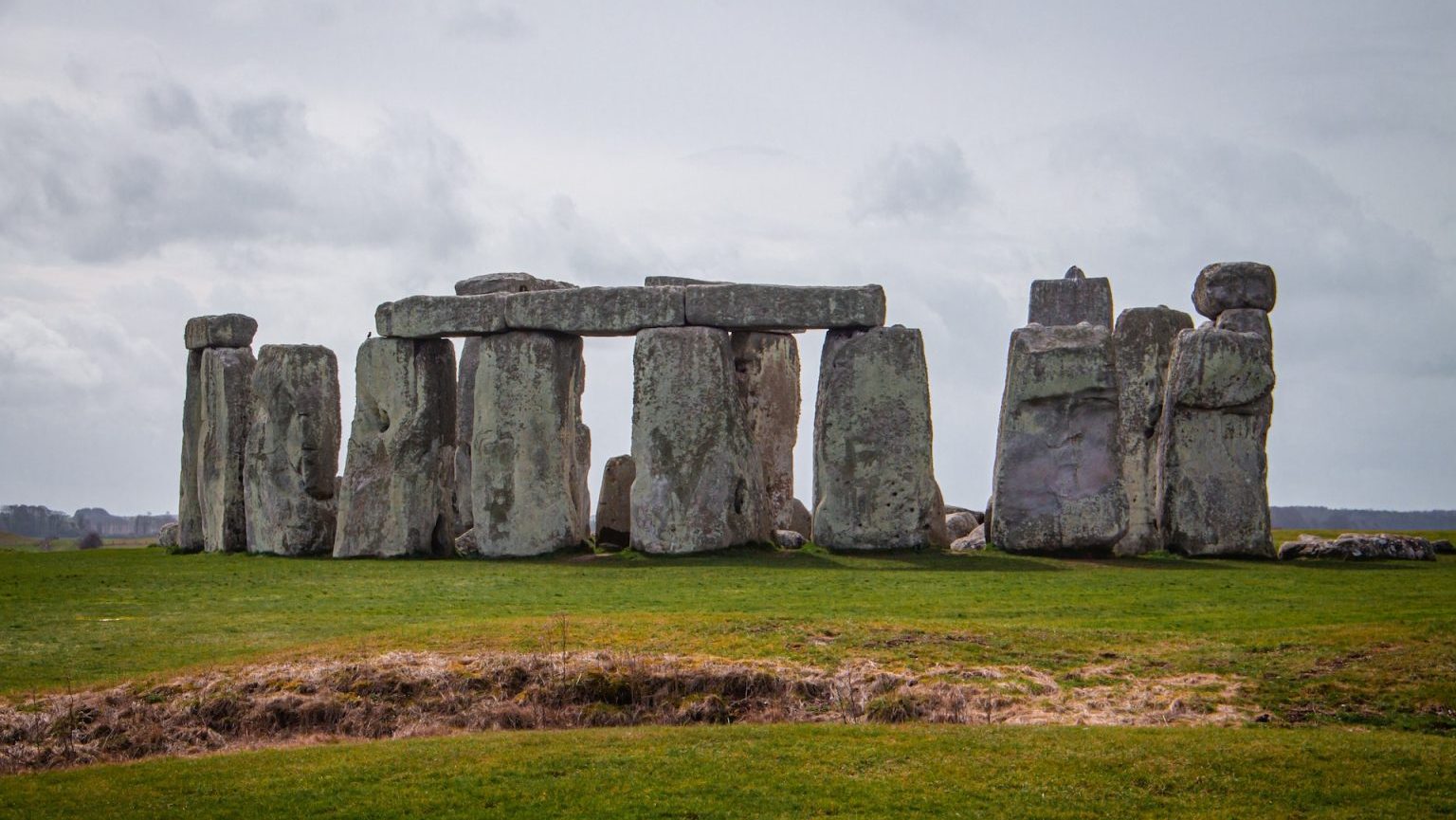The Past
All Stories
Big Think spoke with historian Marc-William Palen about the egalitarian aims of the free-trade movement in past centuries.
In 1924, sociologist and social reformer Caroline Bartlett Crane designed an award-winning tiny home in Kalamazoo, Michigan.
Archaeologists have identified what may be Europe’s oldest human-made megastructure.
The Uros of Lake Titicaca live on floating islands made from reeds. How did they get there?
The study suggests that human ancestors expanded across Europe faster than previously thought.
“She understood me and I understood her. I loved that pigeon.”
New DNA analyses raise questions over the theory that Christopher Columbus and his men brought syphilis to Europe.
Skilled hunters adapted to the changing landscape and left tantalizing clues to who they were.
Archaeologist Bernard Frischer spent decades uploading the ruins of the Eternal City to the cloud. Here’s what it looks like.
They have held our fascination ever since we first identified their remains.
Teller and Sagan debated fiercely over nuclear proliferation. But was the conflict as personal as it was intellectual for Teller?
When battles raged in ancient cities, their rocks blazed so brightly that they could be reoriented according to Earth’s magnetic field.
Along with obsidian that dazzled scientists in Canada.
Meet the people paid to rouse the workers of industrial Britain.
A sober look at a wild conspiracy theory that argues the Middle Ages never happened.
The Parthenon embodies the ideals of perfection Classical Greeks sought from architecture. The neighboring Erechtheion offers something else.
From Æthelred the Unready to Halfdan the Bad Entertainer, these strange epithets colored the legacy of four rather unlucky historical figures.
Today, the F-word is enjoying a renaissance the likes of which it hasn’t seen since, well, the Renaissance.
The volcano’s historic eruption preserved an ancient library, but rendered its content illegible. A public competition aims to change that.
Perhaps it’s not just an oddly shaped hill, after all.
Decades ago, a disaster left three million acres of land uninhabitable and killed between 85,600 and 240,000 people. Chernobyl? No. Banqiao dam in China.
A single knife is sometimes worth more than a thousand armies.
Long before the birth of Julius Caesar, the Roman Republic appointed all-powerful dictators to protect their state in times of crisis. They were remarkably self-restrained and obedient to the Roman Constitution.
Exile is a kind of death of who you once were.
An influential series of books argues that the history of the world is the history of generations. Is it right?
This necropsy represents an early entry in what would become a tradition of performing autopsies to consider an individual’s sanctity.
Gladiators fought in rounds, and there were referees to enforce rules. Only rarely were gladiators killed.
Various environmental phenomena can play tricks on our brain.
The clash of academic archaeology and what might be called folk archaeology comes into stark focus at Stonehenge.
